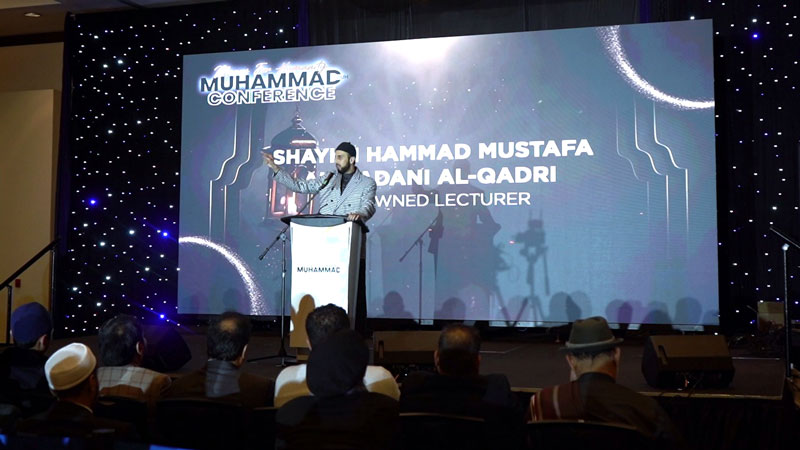
On November 18th, Shaykh Hammad Mustafa al-Madani al-Qadri delivered a profound address at the 3rd "Mercy for Humanity Conference" held in Toronto, Canada. His keynote speech focused on the final sermon of the Holy Prophet Muhammad (PBUH) during his last pilgrimage, a monumental moment occurring ten years after his migration, which carried immense significance and timeless teachings.
In his address, Shaykh Hammad lauded the efforts of the Muslim Youth League Canada and Minhaj-ul-Quran Canada for orchestrating an exemplary conference dedicated to the Holy Prophet (PBUH), renowned as the greatest humanitarian, exemplifying moral ethics, inner and outer beauty, and the embodiment of mercy for humanity.
Reflecting on the Holy Prophet’s (PBUH) life post-migration from persecution to Madina, Shaykh al-Qadri emphasised that despite the adversities faced, the Holy Prophet (PBUH) steadfastly upheld the banner of peace and serenity. Addressing a gathering of 124,000 companions on the Plains of ‘Arafat, the Holy Prophet (PBUH) delivered a momentous proclamation advocating mercy, compassion, virtue, clemency, and justice—an unparalleled testament to humanity.
Delving deep into the Holy Prophet’s (PBUH) life, the Shaykh highlighted the holistic evaluation required to truly recognise an individual, as depicted in the Holy Qur’an. He emphasised that the Holy Prophet’s life embodied perfection, mercy, and justice from the outset, serving as a reflection of divine honour and magnificence.
The scholar illustrated the Holy Prophet’s (PBUH) characteristics and his approach towards those closest to him through the testimony of Sayyida Khadija, the mother of believers, who provided a remarkable account of the Holy Prophet’s (PBUH) morality and virtues. Shaykh al-Qadri further expounded on the Holy Prophet’s (PBUH) initial revelation, emphasising the significance of literacy and knowledge as pivotal elements of Islam.
The discourse delved into the challenges faced by the Holy Prophet (PBUH) amidst a society entrenched in ignorance, discrimination, and violence, underscoring his unwavering commitment to instilling compassion, mercy, and justice. The Holy Prophet’s (PBUH) message of equality, devoid of discrimination or violence, remains a timeless beacon, profoundly contrasting prevalent societal norms even in modern historical declarations.
Addressing societal inequalities based on gender, race, economic status, and social hierarchies, Shaykh Hammad emphasised the Holy Prophet’s (PBUH) unequivocal rejection of discrimination. He highlighted the Prophet’s call to honour, respect, and dignify every individual, regardless of their background or social standing.
The scholar reiterated the Holy Prophet’s (PBUH) advocacy for the emancipation of slaves, abolishing exploitative systems and advocating equality and dignity for all. Shaykh al-Qadri emphasised that the Holy Prophet’s (PBUH) final sermon on the plains of ‘Arafat left a lasting legacy—a code of humanity and moral criteria for personal and professional lives, guiding individuals toward compassion, kindness, and equality.
In closing, Shaykh al-Qadri commended the organisers for their remarkable efforts in hosting the conference and urged attendees to reflect on the Holy Prophet’s (PBUH) teachings of mercy and equality in their daily lives. He fervently prayed for acceptance of these efforts by the Almighty, imploring that all may embody the noble teachings of the Holy Prophet Muhammad (PBUH) in their actions and deeds.
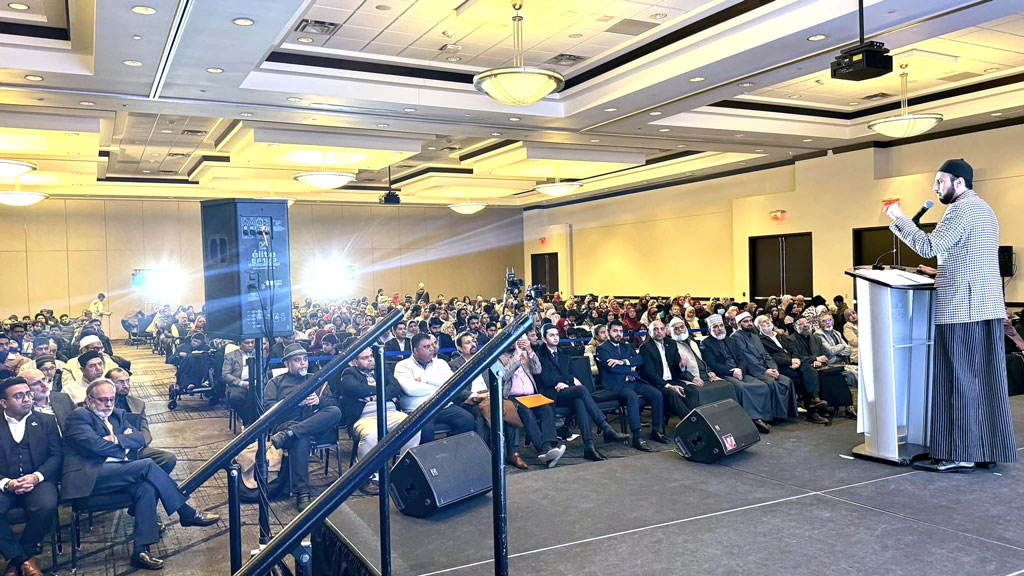
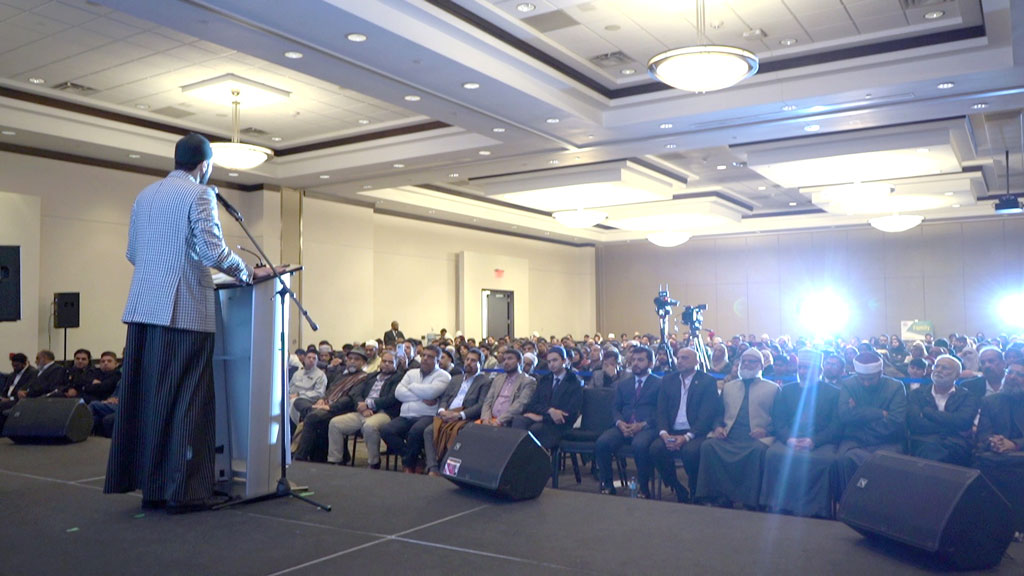
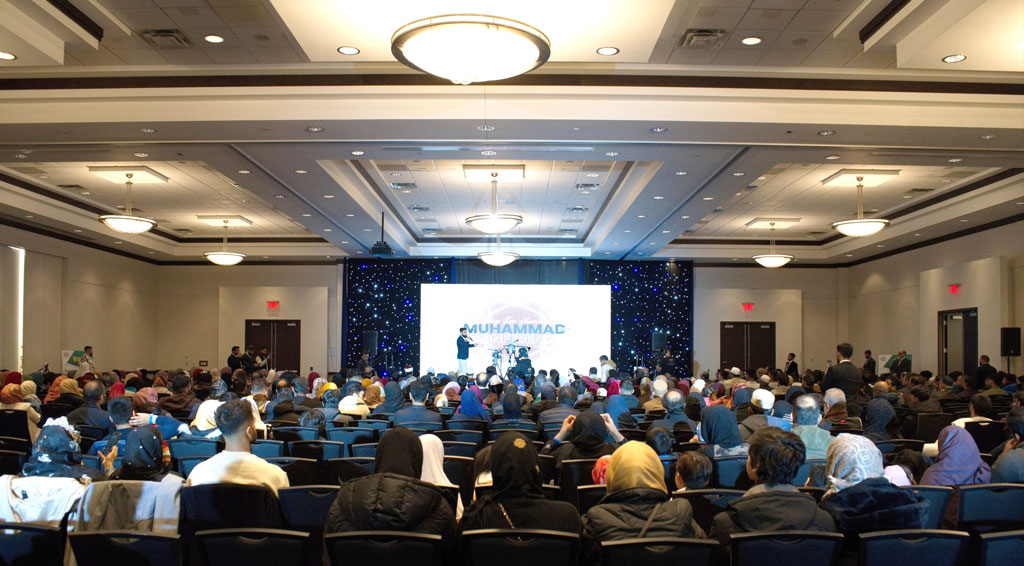
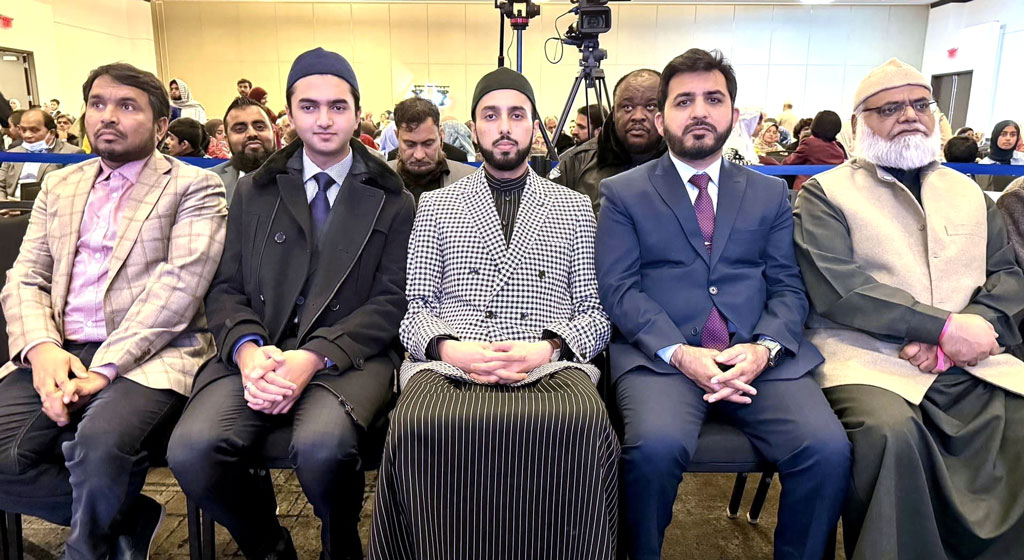
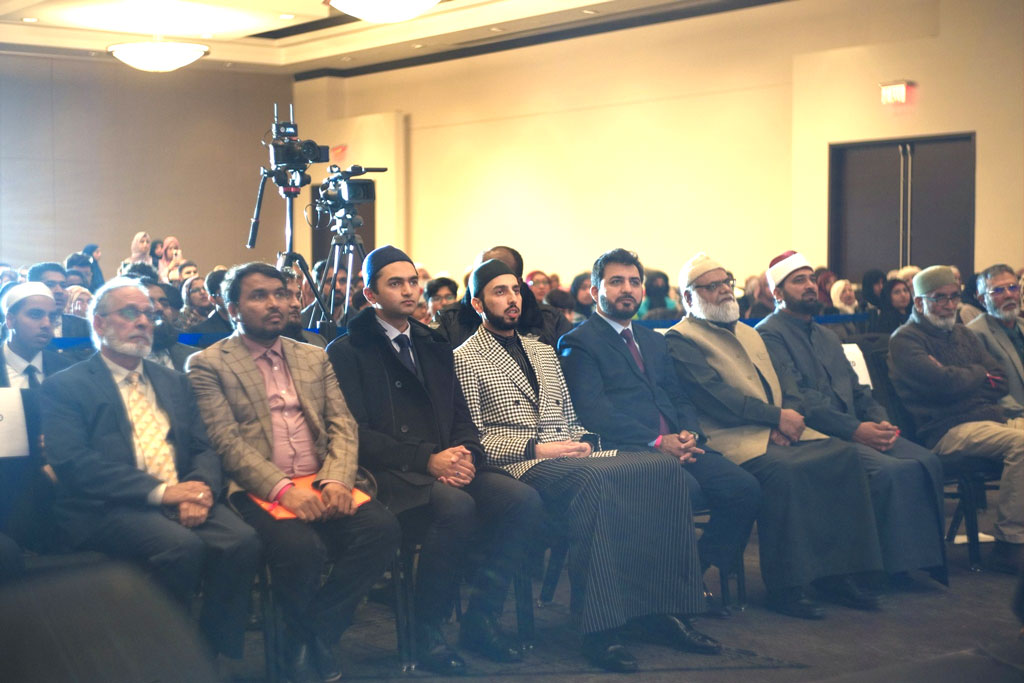
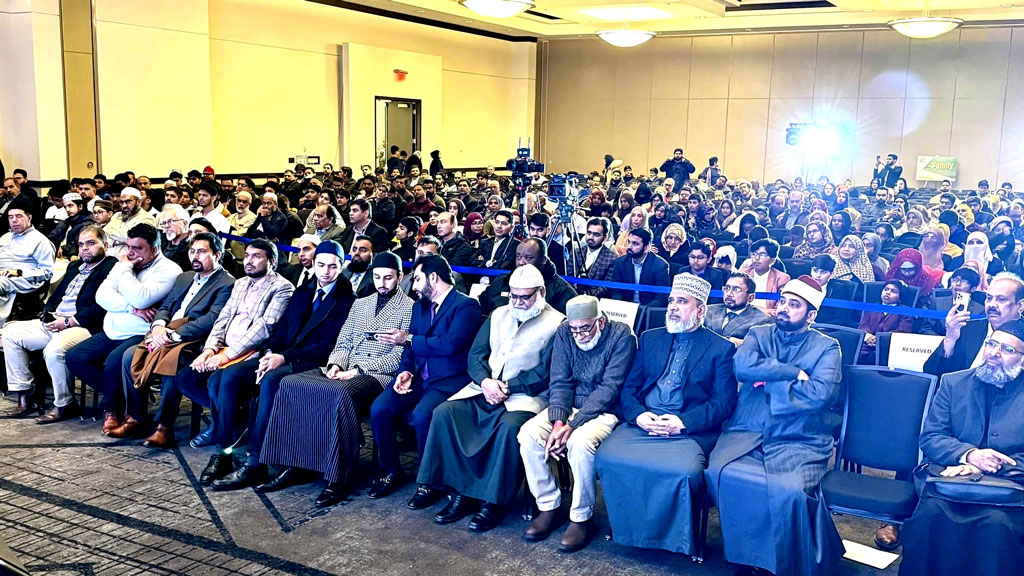
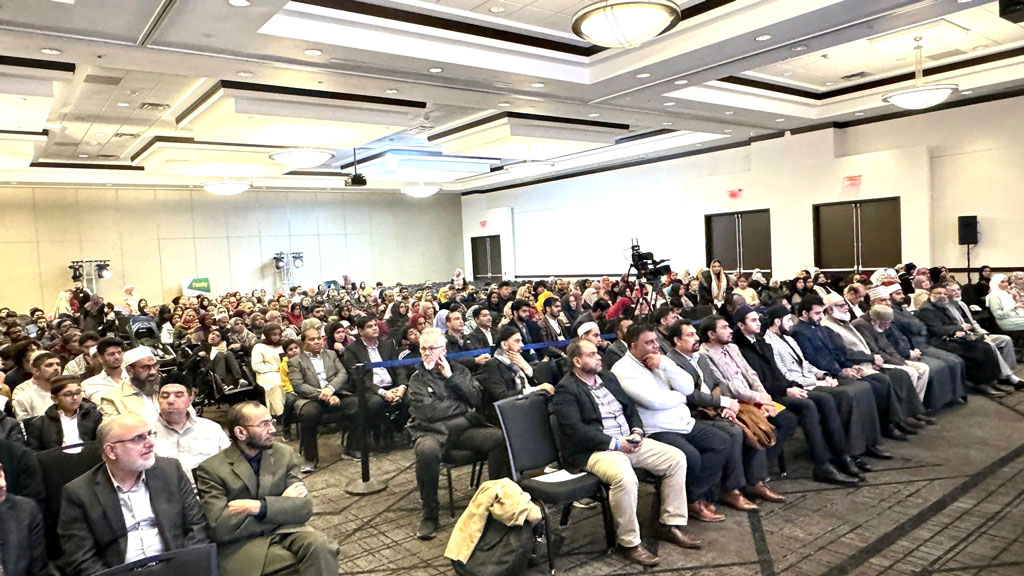
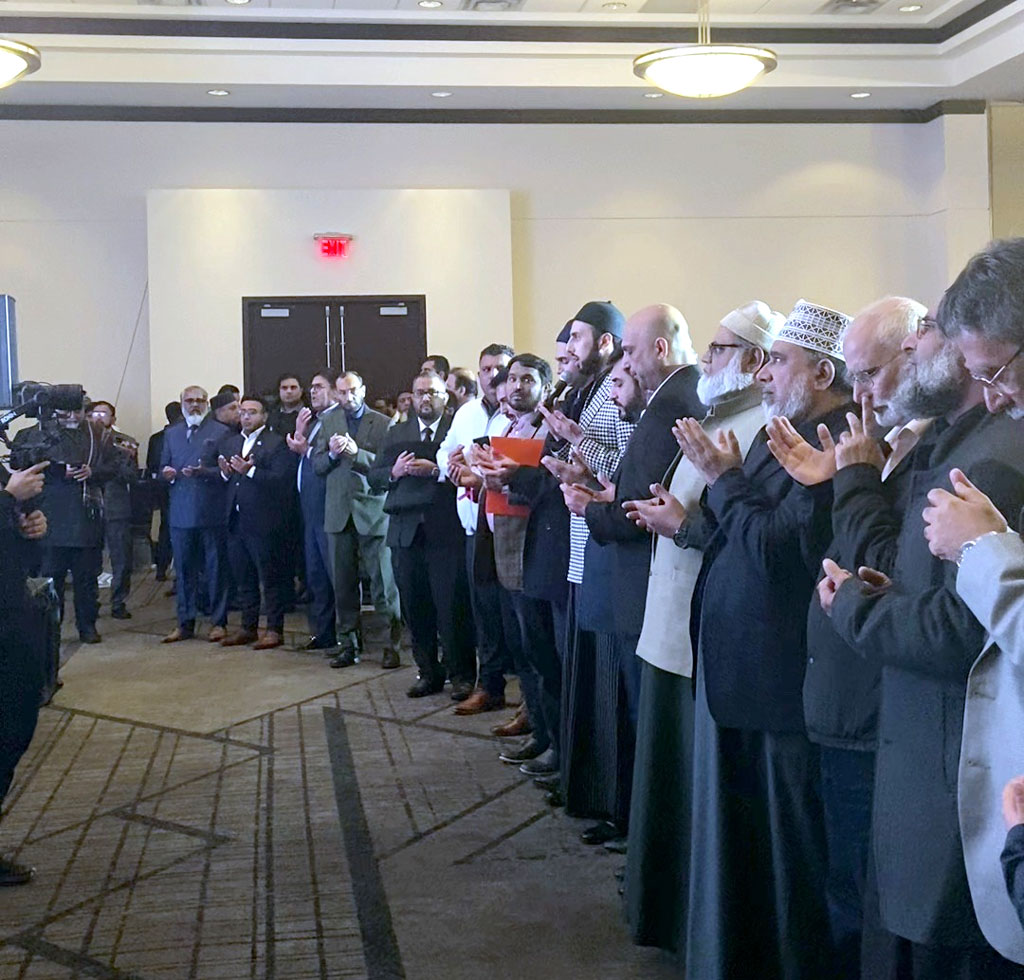

Comments